Why
With the support of Aspect Autism Friendly, Sydney and Gold Coast Airports have introduced several initiatives aimed at making travel more accessible and enjoyable for Autistic individuals and their families:
The Aspect Research Centre for Autism Practice (ARCAP) conducted research to better understand and improve the travel experiences of Autistic individuals and their families through direct feedback and insights.
Our goal is to enhance the airport experience for Autistic travellers and their companions. We believe that by understanding the current travel experiences of Autistic individuals, we can identify effective practices and areas needing improvement.
What are the travel experiences of Autistic individuals? How can we make airports a more welcoming space for everyone?
The research
We interviewed Autistic adults and parents who travelled with Autistic children through Sydney or Gold Coast Airport to learn about their airport experiences and identify areas of possible improvement.
What did we find?
Three themes were identified from the experiences of participants who travelled through the airports.
1. The need for improved accessibility at airport
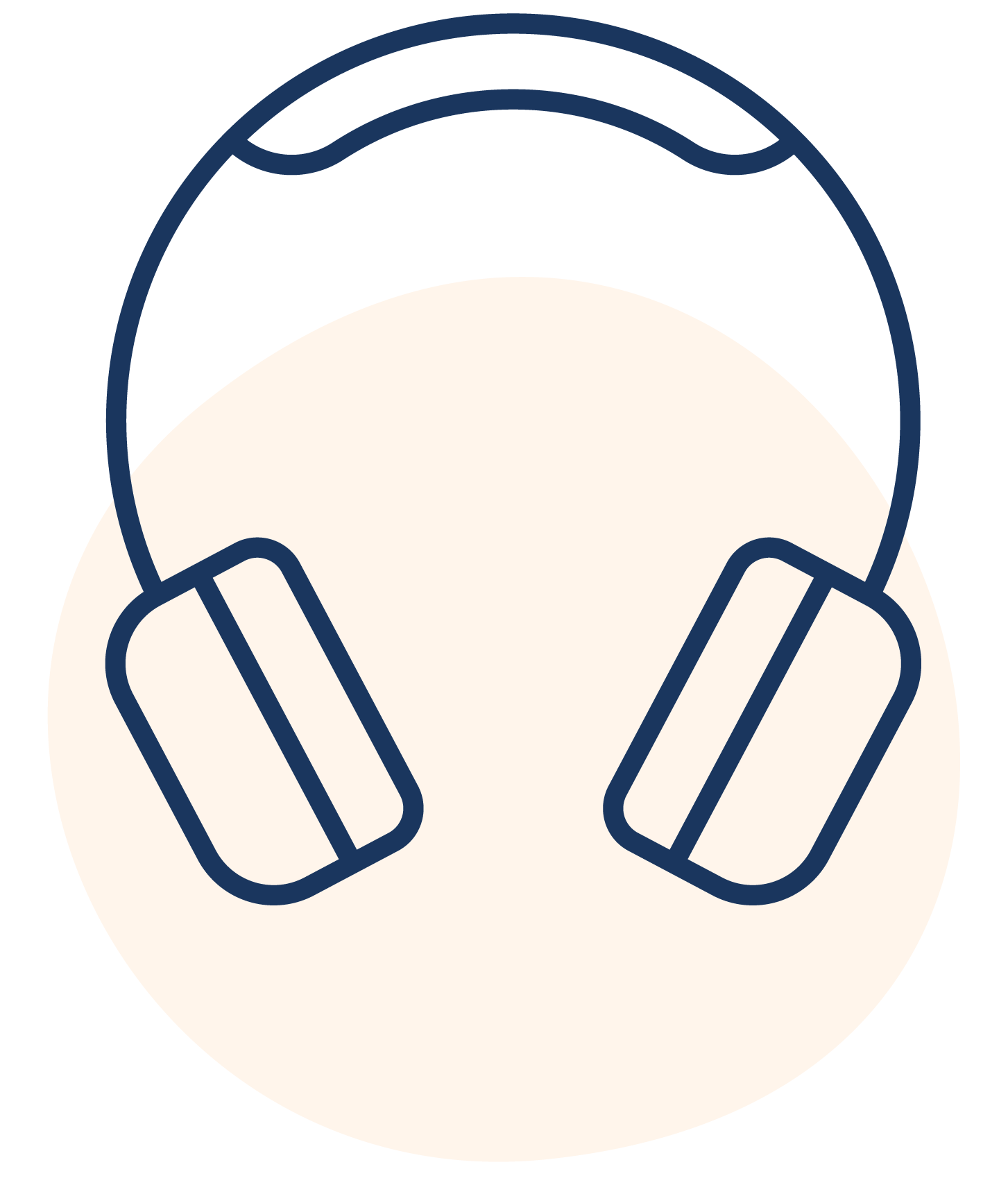
Accessibility challenges identified by participants:
- Sensory overload
- Planning and preparation
- Need for a quiet space
- Room for improvement
“As soon as you walk into the airport … it’s so busy, and the lights are like that white light, and just that enough, is to be like, oh my god, what’s happening? … kind of get overwhelmed from there.” Aaron, Autistic adult
“I look at all the accessibility side of things before any trip.” Brandon, Autistic adult
2. The positive impact of the Sunflower lanyard when recognised
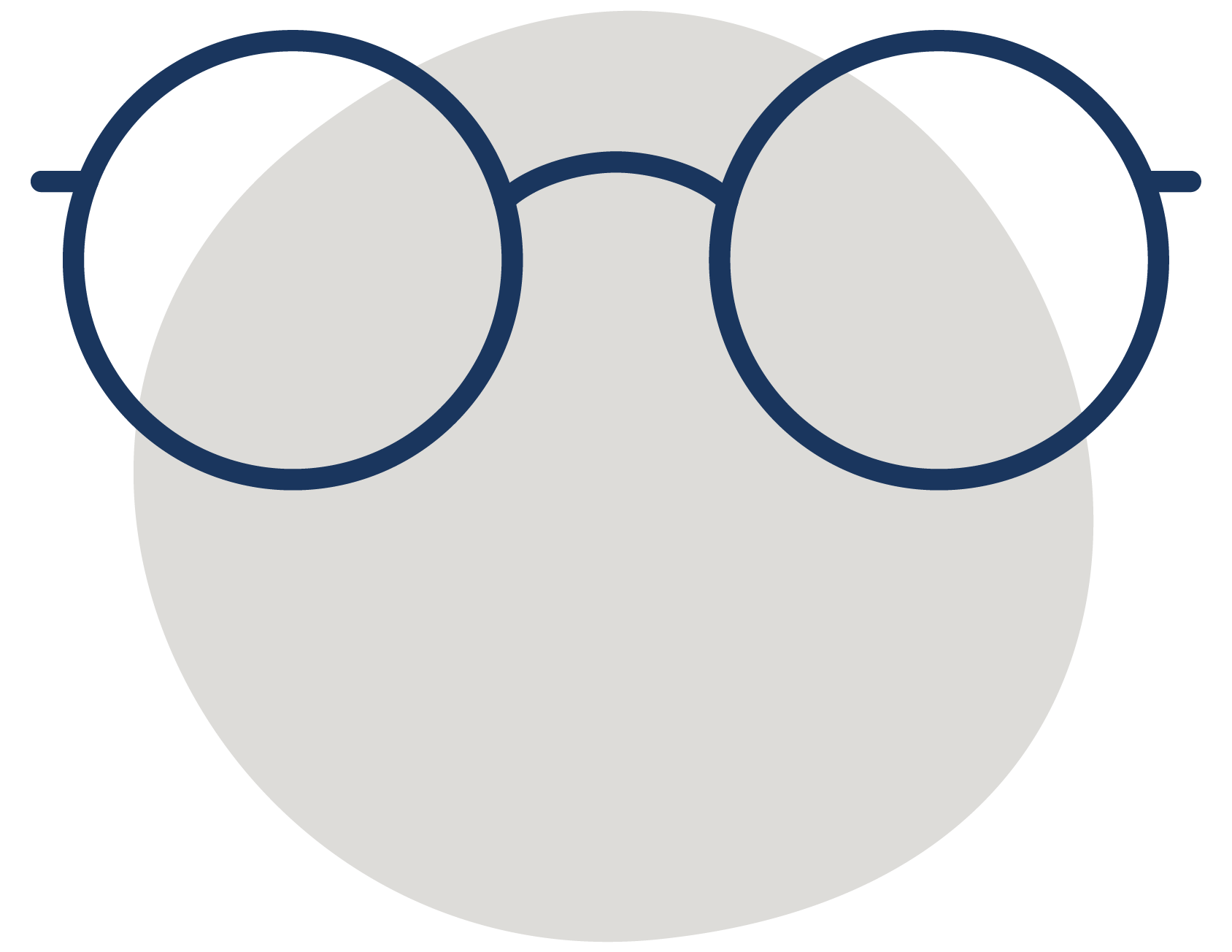
Positive experiences identified by participants:
- Compassionate staff
- Visibility is important
- Proactive support
“Blown away at you know, the education and treatment that we were given when we were leaving Sydney Airport with a lanyard this time… never experienced such kind of service … because we’ve never worn the lanyard before. ” Rachel, parent
“There should be a Sunflower lane as well [at boarding].” Jenna, parent
3. The need for greater awareness and consistency within the air travel industry

While Sydney and Gold Coast Airports have made significant strides, the broader industry – including other airports, airlines and service providers – should adopt similar practices to ensure Autistic travellers receive the support they need.
A travel agent said: “That’s not the kind of disability you’ve got … it’s not a physical disability.” Evelyn, Autistic adult
Airline staff said: “‘We [staff] don’t know what that [autism] is, do you want us to call a doctor?’ … I was like ‘oh never mind’ … If you have a need, it has to be a medical emergency need, otherwise it’s not a need.” Nora, parent
Find out more
Watch Dr Chris Edwards present this research (starts at 20:18).
Publication
Edwards, C., Love, A.M., Ying Cai, R., Tutton, T., Beardsley, E., & Gibbs, V. (2025). Autistic-led insights on airport accessibility: A retrospective analysis of environmental assessments. Autism.
Edwards, C., Love, A. M. A., Cai, R. Y., Tutton, T., & Gibbs, V. (2024). Exploring autism-friendly initiatives in Australian airports: ‘A lot better than a lot of airports that I’ve experienced.’ Current Issues in Tourism.
Media
The Conversation: Airports and travel hubs can be overwhelming for Autistic people. Here’s what could help (13 November 2024)
Travel Weekly: Gold Coast Airport delivers a more accessible experience for people of all abilities (18 November 2024)
Freedom2Live: Inclusive travel framework for Gold Coast Airport (18 November 2024)
Making a difference
The insights gained from this research are intended to inform practical improvements in airport environments, not only at Sydney and Gold Coast Airports but potentially at other airports as well. Working alongside Aspect Autism Friendly, we aim to use these findings to make subtle yet impactful changes to how airports cater to Autistic individuals and their families.
Expand autism-friendly initiatives nationwide
Provide a consistent and supportive travel experience for Autistic individuals

Minimise sensory overload and improve sensory environment management
Establish quiet spaces and ensure clear wayfinding and signage to these areas to help travellers manage sensory overload
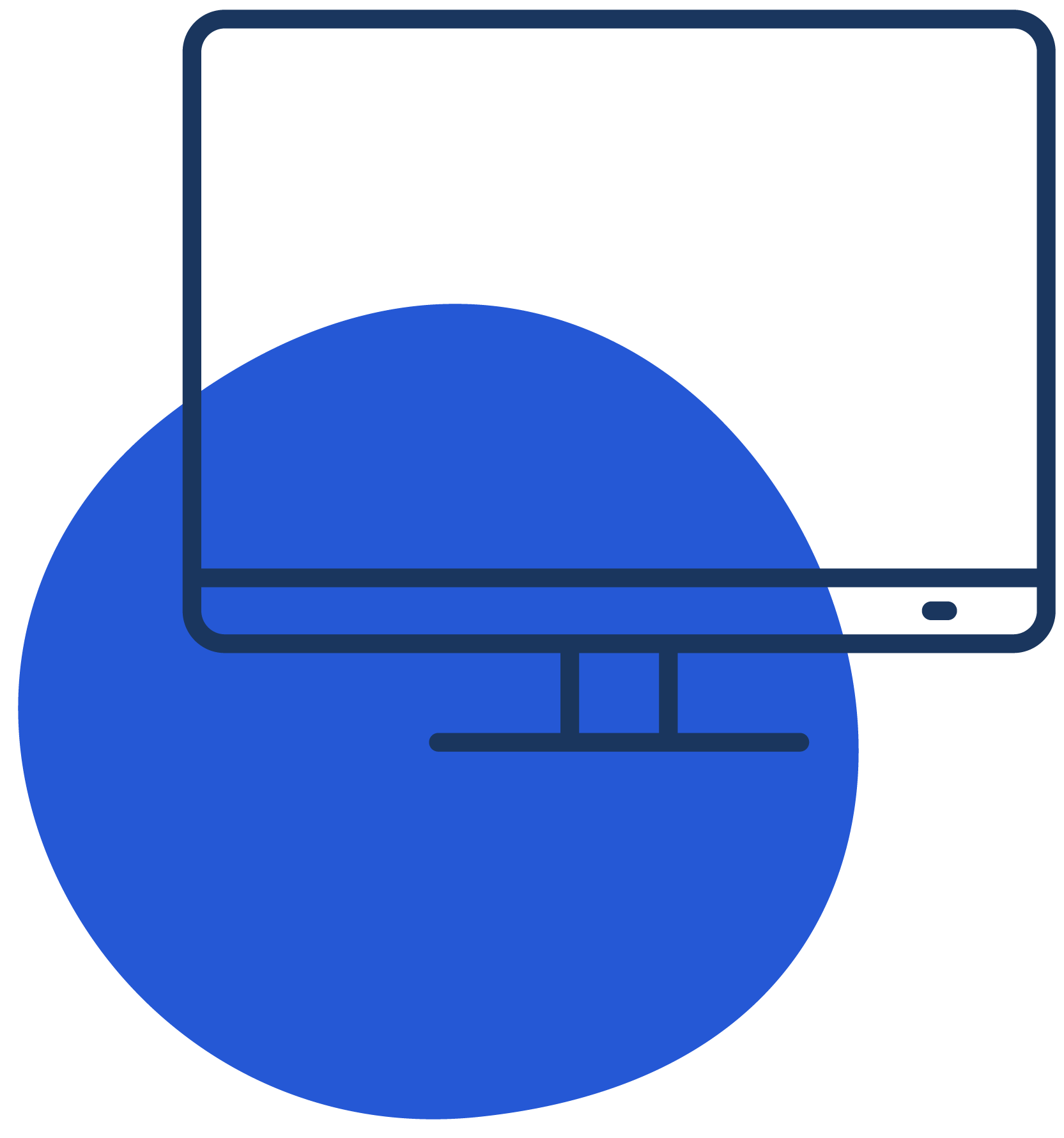
Proactively disseminate accessibility resources
Airports, airlines and autism organisations to work together to increase the awareness and use of resources before and during travel to improve the experience for Autistic people
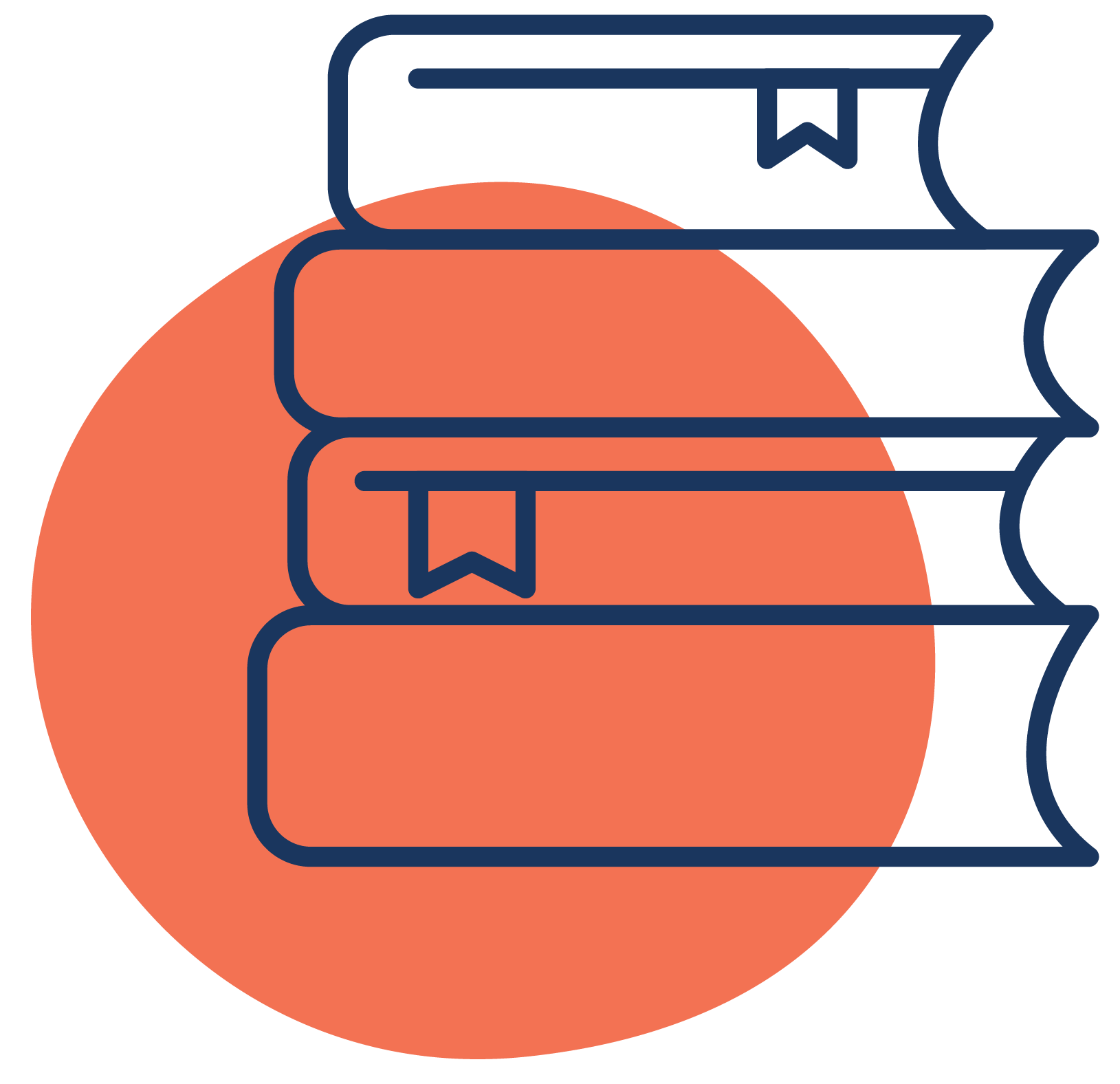
Ongoing staff training
Continue to offer a range of airport-specific training to enable staff to recognise and assist individuals with hidden disabilities
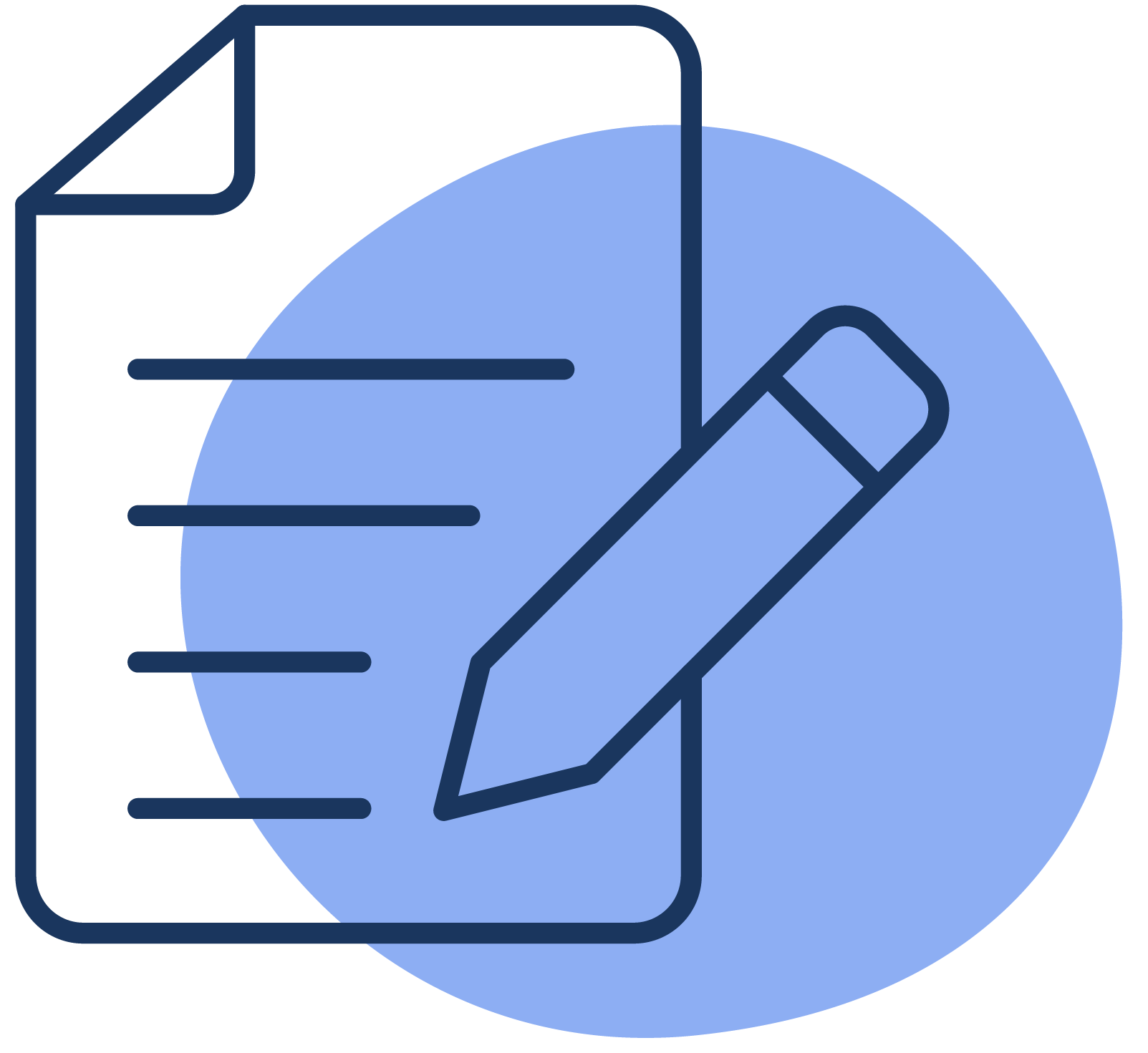
Include Autistic individuals in policy development
Continue to involve people with lived experience in policy and practice, including the new Aviation White paper, and legislate high quality consistent implementation

Regularly evaluate and provide feedback
Collect feedback, and have a transparent process where this is shown to be implemented
Research team
Dr Chris Edwards, Aspect Research Centre for Autism Practice (ARCAP)
Dr Tom Tutton, Aspect Practice
Dr Abbey Love, ARCAP
Dr Ru Ying Cai, ARCAP
Dr Vicki Gibbs, ARCAP
Started
2024
Ends
2025
Funding
Aspect
Ethics approval
Griffith University (GU ref no: 2023/860)

